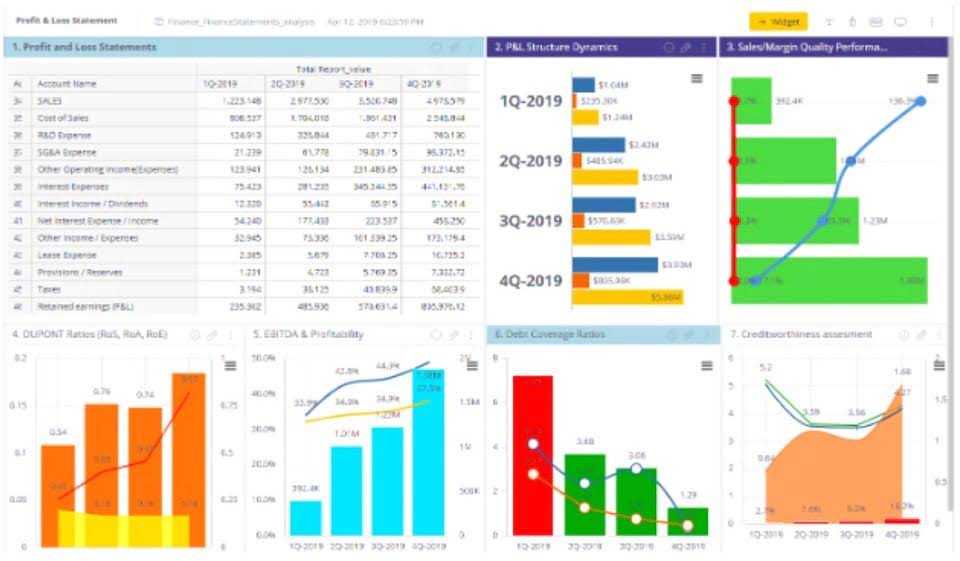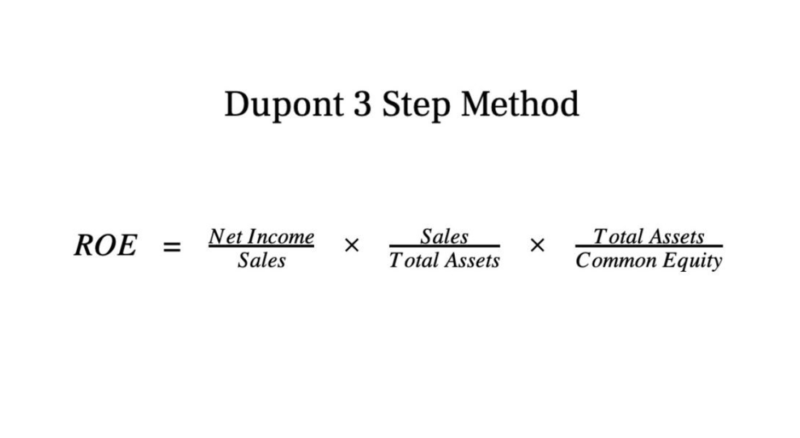Illinois’ corporate income tax is a business tax levied on the gross taxable income of most businesses and corporations registered or doing business in Illinois. The Illinois corporate income tax is the business equivalent of the Illinois personal income tax, and is based on a bracketed tax system. Similar to the personal income tax, businesses must file a yearly tax return and are allowed deductions such as wages paid, cost of goods sold, and other qualifying business expenses. These state income tax rates apply to trial balance income earned in 2025, which is reported on tax returns filed in 2026. To learn more about how your state income tax rates work, visit your state’s taxation and revenue department website. This rate applies to all levels of income earned by residents of Illinois.
- Supplemental wages are taxed at the same rate as regular income in Illinois.
- However, taxes owed must still be paid by the original deadline to avoid penalties and interest.
- As the withholding agent you must pay the tax even if you failed to withhold the tax from your employee.
- Understanding the latest EITC rates and thresholds is crucial for taxpayers who wish to maximize their potential credit and accurately plan their finances.
- Illinois grants an automatic six-month extension if a federal extension was filed.
Top State Tax Return Errors and How to Avoid Them
Illinois allows only a standard exemption, set at illinois income tax rate $2,425 per person in 2024. Taxpayers must account for both federal and state obligations to ensure accurate reporting. The general merchandise sales tax applies to almost all other products purchased for use in Illinois.
How You Can Affect Your Illinois Paycheck
- The two most popular tax software packages are H&R Block At Home, sold by the H&R Block tax preparation company, and TurboTax Federal & State, sold by the Intuit software company.
- You must complete Form IL-505-I, Automatic Extension Payment for Individuals, if you choose to pay by check or money order, and mail it with your extension payment.
- Start one or more free state income tax calculators and get an estimate of your state taxes.
- However, there is a state income tax in Illinois, and it is important to note that income from sources other than retirement (such as wages, business income, etc.) is subject to taxation.
- Navigating the complexities of taxation is a significant aspect of managing a small business.
- Navigating the Complex World of International Tax Treaties Understanding and effectively navigating international tax treaties…
- Read the Illinois Department of Revenue’s filing requirements for more.
Promptly addressing errors helps prevent complications and potential penalties. Short-term and long-term capital gains are both taxed at the flat rate of 4.95%. It’s important to accurately report capital gains to ensure compliance and avoid potential penalties. Individuals who were residents for only part of the year must file as part-year residents. This involves reporting income earned while residing in Illinois and apportioning income earned outside the state. Accurate allocation of income ensures compliance and proper tax calculation.
Electronic Services
Illinois also has reciprocity with the neighboring states of Iowa, Kentucky, Michigan and Wisconsin, which means those states don’t tax Illinois residents who work within their borders. So if you live in Illinois and work in Iowa, Kentucky, Michigan or Wisconsin, you’ll pay tax to your home state. However, Illinois has a handful of tax-saving programs that may affect your final tax bill, and these can apply differently based on income or other life circumstances. Our partners cannot pay us to guarantee favorable reviews of their products or services. The telecommunications tax is a tax on services including home phone lines, cell phones, television service and internet.
Illinois state income tax rates
This reduces the taxable income for the year, potentially leading to lower tax liabilities. Additionally, the funds in these retirement accounts grow tax-deferred, meaning that taxes on investment gains are not paid until the money is withdrawn during retirement, ideally at a lower tax rate. Illinois residents face a unique tax landscape shaped by state-specific regulations.
Who Must File Illinois State Tax Returns?
The tax https://www.bookstime.com/articles/accounting is applied to wages, salaries, and other compensation within certain thresholds, which are adjusted periodically. The distinct components of FICA, namely Social Security and Medicare, each have specific rates and caps that determine the amount of tax levied. As such, FICA represents a critical element of the United States’ approach to social welfare, providing foundational financial security and healthcare benefits that many Americans rely on. The EITC rates and thresholds are adjusted annually to reflect changes in the economy and cost of living. For the tax year 2025, these adjustments ensure that the credit remains aligned with the current economic conditions, providing targeted support to eligible taxpayers. Understanding the latest EITC rates and thresholds is crucial for taxpayers who wish to maximize their potential credit and accurately plan their finances.
- Failure to meet Illinois state income tax obligations can lead to penalties.
- These plans allow monthly payments, though interest and penalties continue to accrue.
- How to File a Tax Extension with Form 4868 Filing taxes can often feel overwhelming,…
- This credit is designed to support senior homeowners in maintaining their residences without excessive tax strain.
- Per IRS/State regulation – not eFile.com – an Illinois state tax return can only be e-Filed together with an IRS tax return.
- Additionally, the state provides options such as the Small Estate Affidavit to simplify the probate process for smaller estates.
How Does the House-Passed Tax Bill Change the Section 199A Pass-Through Deduction?
The exemption for tax year 2024 is a maximum of $5,550 for married couples filing jointly ($2,775 for single filers). The 2.11% effective property tax rate in Illinois is second-highest in the nation, behind only New Jersey. That means the typical homeowner in the Prairie State pays 2.11% of their home value in property taxes. Illinois increased it’s corporate income tax from 7.3% to the current rate in January 2011. The Illinois corporate income tax is actually two separate taxes, one at 7% and a second stacked tax rate of 2.5%. 7% long-term capital gains tax on profits above the state’s standard deduction.





